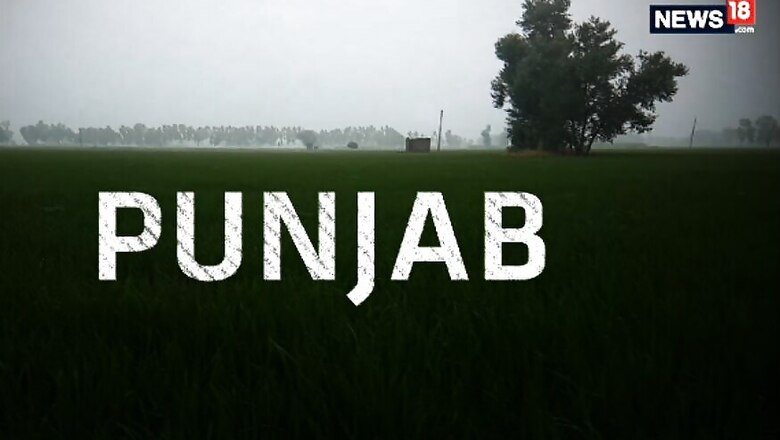
views
Amritsar/ Jati Umra/ Bedi Chhanna: Nawaz Sharif, the beleaguered former Prime Minister of Pakistan, is one of the wealthiest men in South Asia with estimated net worth of $1.75 billion. The Sharif family’s palatial home in Raiwind on the outskirts of Lahore is testament to their ancestral wealth. The sprawling 1700-acre complex has played host to world leaders, including Prime Minister Narendra Modi and former US Secretary of State John Kerry. But few people know that the house is named ‘Jati Umra’ after a small village in India’s Tarn Taran district.
SHARIF FAMILY’S BOND WITH JATI UMRA
On the surface, Jati Umra is like any other Sikh village in Punjab’s prosperous Majha region. Thick paddy fields as far as the eye can see, kite-shaped water tanks and a Gurdwara that serves as a community centre. The morning begins with the sound of Gurbani, the Sikh prayer, and people start milling out of their homes to milk buffaloes or plough their fields. But what distinguishes Jati Umra from the rest of Punjab is a solitary grave on its outskirts.
“In the name of Allah, the most merciful and beneficent. Tomb of Late Mian Muhammad Bakhsh, village Jati Umra," the tombstone reads. Muhammad Bakhsh was the great-grandfather of Nawaz Sharif.
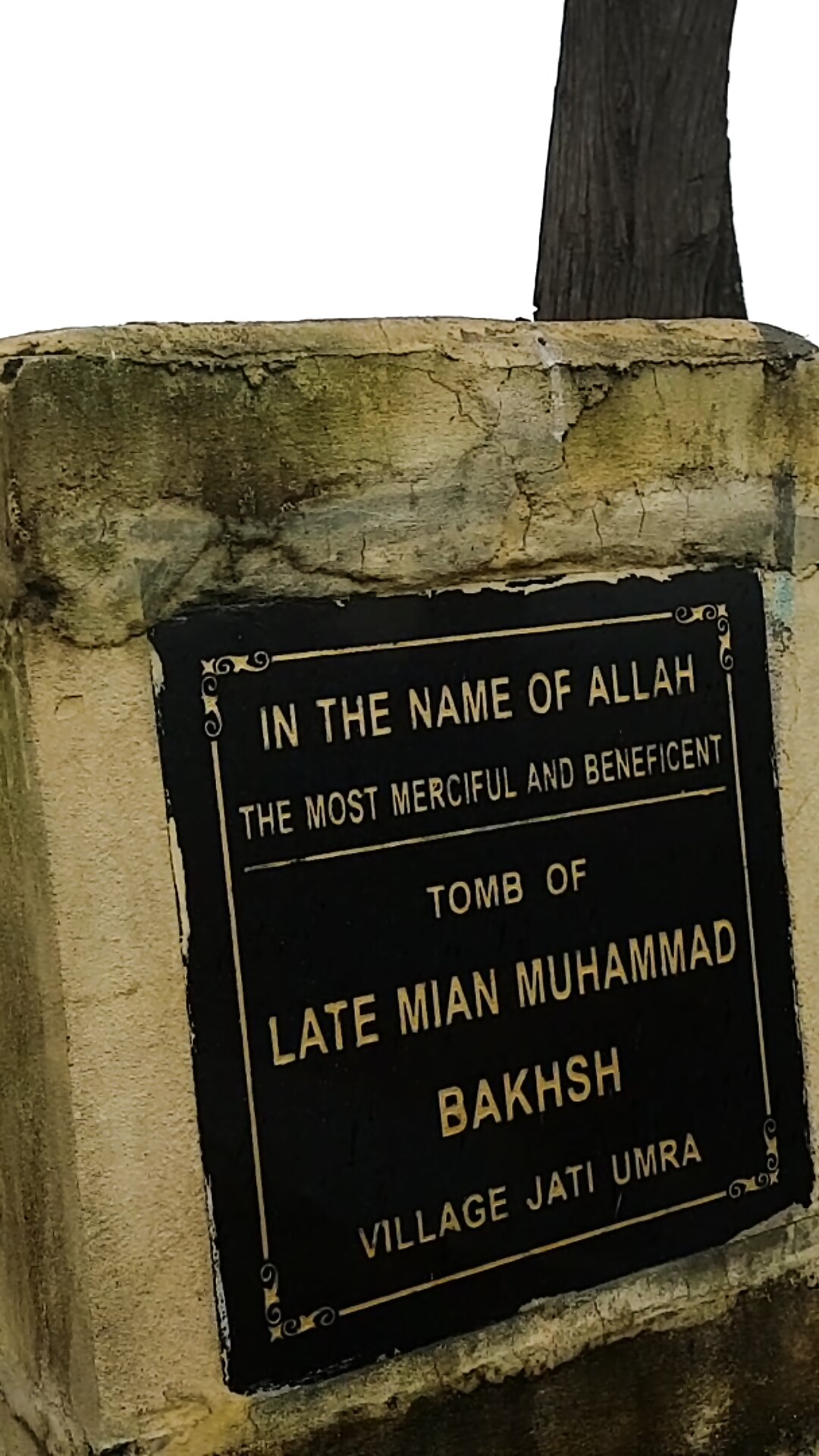
Hira Singh, a local resident, stands respectfully near the grave with folded hands and says, “Is mazar de karan sadde pind da vikas hoya hai (It is because of this grave that our village has developed)."
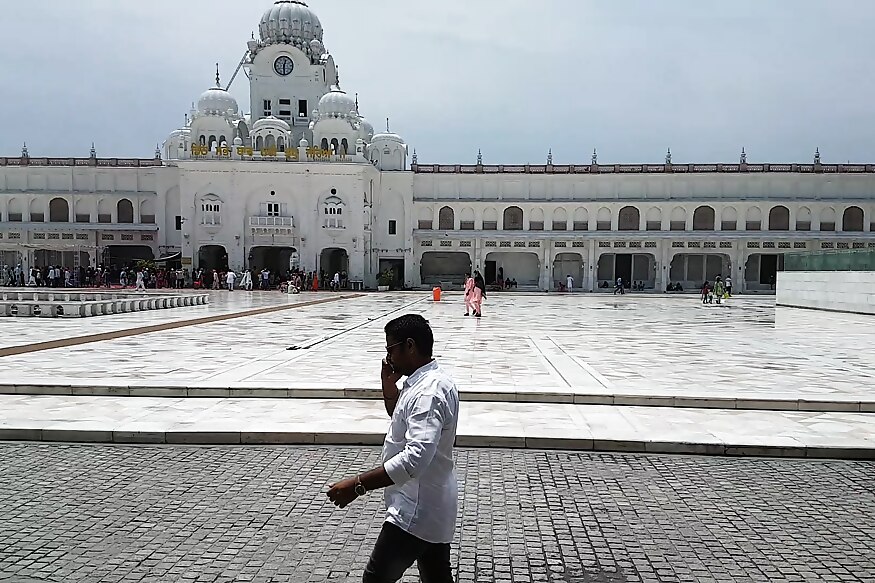
In December 2013, Shahbaz Sharif, Nawaz’s younger brother and Chief Minister of Pakistan’s Punjab province, stood at the village Gurdwara, which was once the Sharif family’s home, and thanked the people for their prayers, which, he says, had helped his brother become PM. Locals say that before Sharif, flanked by Parkash and Sukhbir Singh Badal, visited Jati Umra, officials scurried to construct roads in the village. They are now well connected to both Amritsar and Tarn Taran cities.
The Sharif family, of Kashmiri origin, is believed to have migrated from Anantnag to Jati Umra, then part of Amritsar district. Why a Kashmiri Muslim family chose to settle in a Sikh village is something nobody here knows. The Sharifs were the only Muslim family in Jati Umra and left for Lahore just before partition.
90-year-old Gyan Singh smiles as he holds up his finger, which has a scar on it. “I was playing with Nawaz’s uncle, who was my childhood friend, when this finger got hurt," he says.
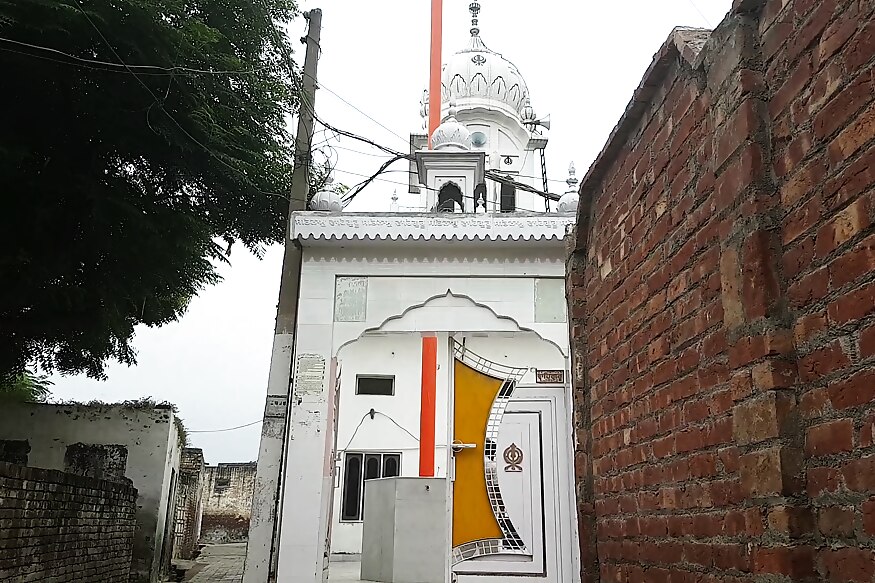
“I visited Nankana Sahib a few years ago and on my way back went to the Sharif family home in Lahore. I showed them my finger as proof of our ties," he adds, nodding his head with a sense of delight.
In 1999, when Pervez Musharraf overthrew the Nawaz government, there were fears in Jati Umra that he would be hanged. “We prayed for days and his death sentence was commuted," says Singh.
When Sharif won the 2013 election, the mood in Jati Umra was jubilant. Locals say it was like an “early Diwali" for them. They burst firecrackers, played the dhol and distributed sweets.
Others talk of risqué matters. One resident says, “I went to Dubai in the 1970s to seek employment. The Sharif family owned a steel plant there and they gave me a job. If I tell that to people here, they will think we have shady dealings with a Pakistani family. But I don’t see anything wrong if a family wants to help someone from their jaddi pind (ancestral village). The steel plant has now shut down."
WHEN A 7-YEAR-OLD CROSSED BORDER IN 1984
If Jati Umra is an image of prosperity in Punjab, Amritsar’s Bedi Chhanna village, just two kilometres from the international border, is the opposite. Jati Umra has well-carpeted roads, pukka houses as well as constant supply of water and electricity. But the road disappears 5 kms before one reaches Bedi Chhanna. Since monsoon has been plenty in Punjab this year, the dirt track turns treacherous as we approach the house of Pyari Devi.
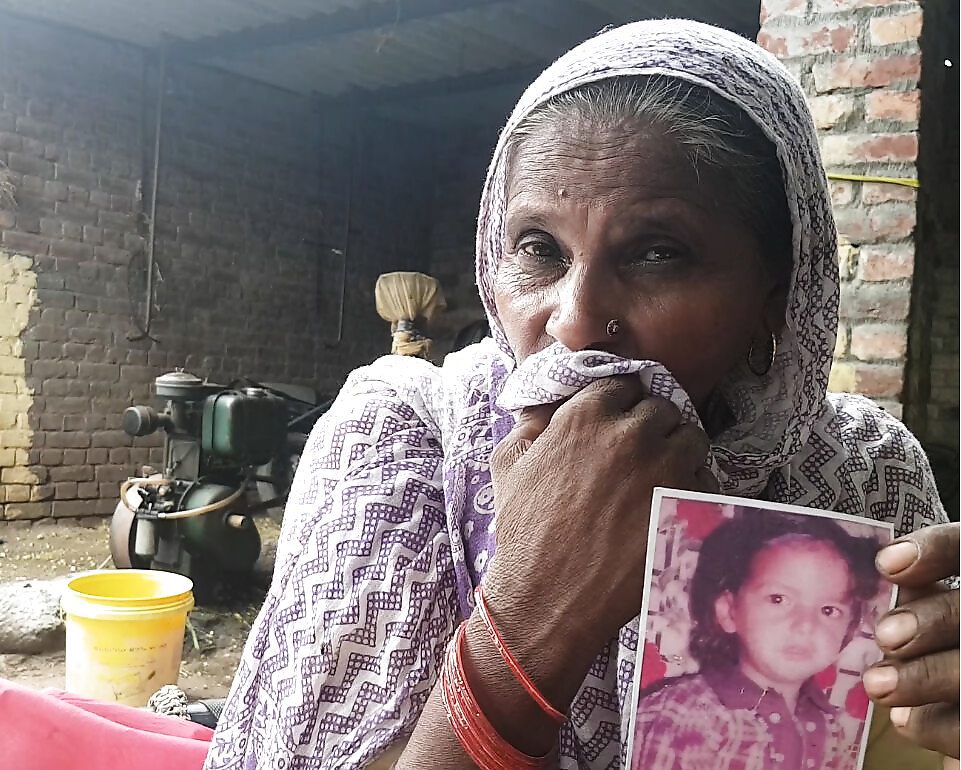
Her son Nanak Singh was just seven years old in 1984, when he went wandering into the fields. This was a time before border fences and the child inadvertently crossed over into Pakistan. Pyari Devi has not seen her son since. “It’s been 33 years and my son has lived in jail. Everyone knows this and yet nobody has done anything about it. My son grew up without a mother. I don’t want him to die without one."
“Pakistani authorities said back then that they would only release him if India’s Border Security Force (BSF) released a few Pakistani buffaloes that had strayed into India. Is that the value of my son’s life? Less than a buffalo!"
In 1999, the family got a word that their son had been found in Lahore’s Kot Lakhpatrai jail. They were asked to come to Wagah border to pick him up. But Nanak, says his mother, was sent back from the border owing to a clerical mistake. ‘Nanak Singh’ was spelled as ‘Kakkar Singh’. It broke Pyari Devi’s heart to come so close to seeing her son and then being told to go back.
A CONTROVERSY
Keshav Kohli’s house in Amritsar’s old town is a shrine to himself. The walls outside his house are plastered with posters declaring him as the candidate from Apna Punjab Party, a lesser known political outfit. He fought and lost the 2017 Punjab Assembly polls. Inside is a giant portrait of Bhagat Singh, his “idol", although it is another matter that he confesses he hasn’t read any of Bhagat Singh’s writings. Kohli, who works as a physical education trainer in Amritsar city, set up the Independent Students Federation (ISF) to “articulate the demands of the youth".
In 2015, he heard of Nanak Singh’s case. “I heard about the case and met the family. I decided to fight for their cause. First, we paid respect to Nawaz Sharif’s ancestor by laying a holy sheet on his grave. We hoped that Sharif would help us get Nanak Singh back. But when Pakistan denied it, we went back to Jati Umra and removed the sheet. We burnt a Pakistani flag near the grave and chanted anti-Pakistan slogans, says Kohli.
You won’t believe the way locals reacted, he adds, “It felt as if I was standing in Pakistan. They attacked us and chanted pro-Pakistan slogans."
But Dilbag Singh, a resident of Jati Umra, says, “Sons of my village have served in the Indian Army. If someone wants to defame us for political gain, we will reject the lies. It’s not a crime to want good relations between India and Pakistan. We want Nanak Singh to come back home. But we will not let anybody ruin the harmony in our village."
FOR JATI UMRA, NAWAZ CAN DO NO WRONG
Gyan Singh says, “Una de kol kakh vi na si. Ajj vekho, sadde pind da munda Pradhan Mantri ban gaya. Fakhar mehsoos hunda hai es gal te (They had nothing. Look, today a boy from our village has become Prime Minister. I feel proud at this)".
Never mind that Nawaz Sharif was born and brought up in Lahore. But how does his disqualification as Pakistan PM over the Panama leaks sit with locals here? “These are all siyasi gallan (political matters). What do we know about that? But we know that both Nawaz and his brother are honest men," says Hira Singh.
Is this the end of Nawaz Sharif’s topsy-turvy political journey? Not if Hira Singh is to be believed. “There is an election in Pakistan in 2018. Our prayers are with him. If our prayers can help him evade the death penalty, they can definitely help him win again."










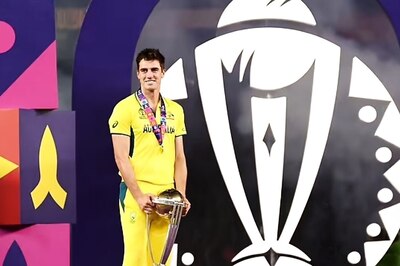

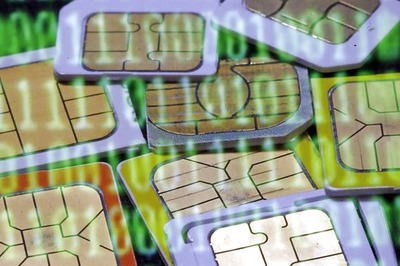
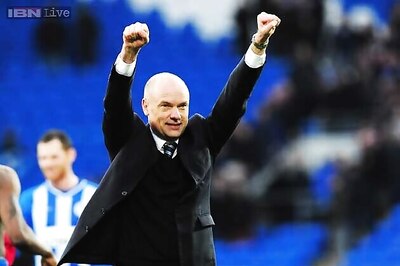






Comments
0 comment